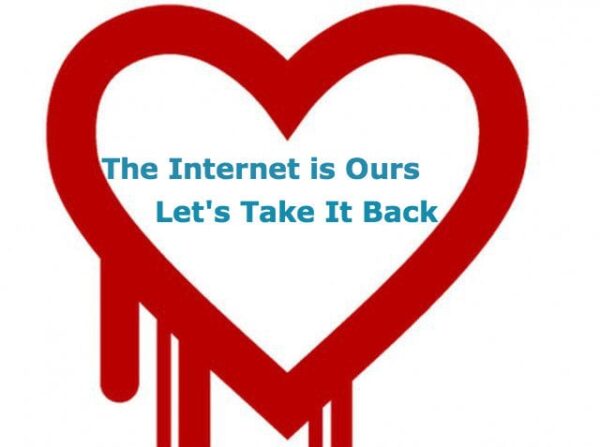Take Back Your Internet – Demand a Safer Web

Over the last couple of weeks, we’ve written about malicious redirects pushing users to porn sites, ever more complicated phishing scams being carried out by multiple compromised websites on a single server and about adsense blackmail. We’ve written about how attackers hit these sites because that’s what we do. We figure out what they’re doing and clean it up or prevent it from happening.
However, today we want to explain how you’re affected by everyday website hacks (not just the big ones). Sure, there is always a website owner who is being harmed by targeted code injection or malware, but it’s not going to affect you, right? Except that it does. Most of the hacks we clean up are harming hundreds or thousands of website visitors just like you.
Who are hackers harming?
In a very concise way, malicious hackers are attempting to harm you. When you read about those taking advantage of the Heartbleed bug, brute force attacks or a DDoS attack, the key thing to think is, “Why?” Why are they trying to get those passwords? Why are they trying to take a site down?
The problem we have with the reporting on this subject is not that it isn’t correct, it’s that it’s not complete. Most times, when you read a story about a hack, the reporter will connect the website attacks with potential revenue lost or headache for the company. For example, this headline about recent hacks in Los Angeles reads, “Hackers hit 73% of LA businesses.” The focus is on the businesses that may be harmed, but the truth is that the business is usually just a conduit for the hacker to reach you because if they can do that, then they can reap rewards. The truth is that these hacks are affecting visitors as much as they’re affecting websites. When Symantec puts out a post saying that antivirus software is dead, and their own AVs are stopping less than 50% of malicious attacks, they aren’t saying attacks aren’t happening. They’re saying they’re getting more complex.
These attacks start when you visit a compromised site.
Can we do anything?
When faced with a challenge that feels insurmountable, it can be tempting to throw up your hands and say, “there isn’t a solution, so why should I care.” However, that’s the wrong choice because there is a solution. Consumers, like you and me, have to demand more from the websites we frequent.
There are simple ways, like employing a website firewall, for websites to proactively protect their content and your information. No solution will ever be 100% secure, but when a website doesn’t do so, they’re implicitly telling you that they don’t care about your information. By letting hackers harm their website or employ malicious tactics, websites are really letting them attack you. The best way to protect yourself is to visit clean websites. If your favorite sites aren’t protected, then make sure their webmaster understands how important website security is to you.
If that doesn’t work, then there is always one thing that will. Don’t go back to the site until it’s protected and make sure others know why you’re boycotting. Social media has made it easier than ever to give voice to problems and we guarantee that if enough visitors or customers vote with their pageviews and wallets, website owners will be quick to secure their site, and by extension, secure your online presence.



No comments yet.